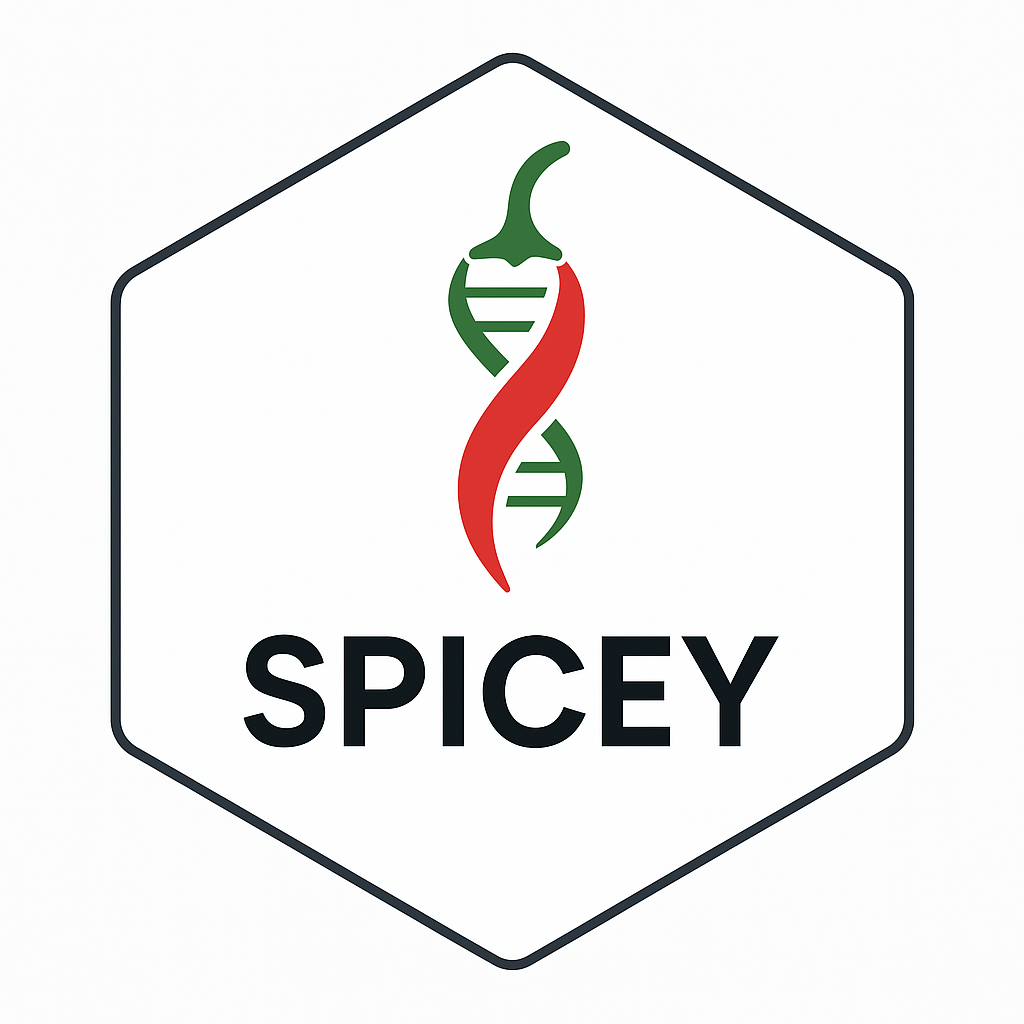Bioconductor release status
| Branch | R CMD check | Last updated |
|---|---|---|
| devel | ||
| release |
The goal of SPICEY is to provide a user-friendly pipeline for quantifying and visualizing tissue specificity specificity
Installation
You can install the latest release of SPICEY the github repository:
devtools::install_github("georginafp/SPICEY")Now you can load the package using library(SPICEY).
Basic usage
For detailed instructions on how to use SPICEY, please see the vignette.
# Compute GETSI
results <- run_spicey(rna = rna)
# Compute RETSI
results <- run_spicey(atac=atac)
# Compute GETSI + RETSI
results <- run_spicey(atac=atac, rna=rna)
# Compute GETSI + RETSI and link RE to target genes through nearest gene method
result <- run_spicey(
atac = atac,
rna = rna,
annot_method = "nearest",
txdb = TxDb.Hsapiens.UCSC.hg38.knownGene,
annot_dbi = org.Hs.eg.db,
link_spicey_measures = TRUE
)
# Compute GETSI + RETSI and link RE to target genes through coaccessibility method
result <- run_spicey(
atac = atac,
rna = rna,
annot_method = "coaccessibility",
links = coaccess_links,
txdb = TxDb.Hsapiens.UCSC.hg38.knownGene
)
# Compute GETSI + RETSI and link RE to target genes through coaccessibility method
# and link both SPICEY measures
result <- run_spicey(
atac = atac,
rna = rna,
link_spicey_measures = TRUE,
annot_method = "coaccessibility",
links = coaccess_links,
txdb = TxDb.Hsapiens.UCSC.hg38.knownGene,
)Code of Conduct
Please note that the SPICEY project is released with a Contributor Code of Conduct. By contributing to this project, you agree to abide by its terms.
